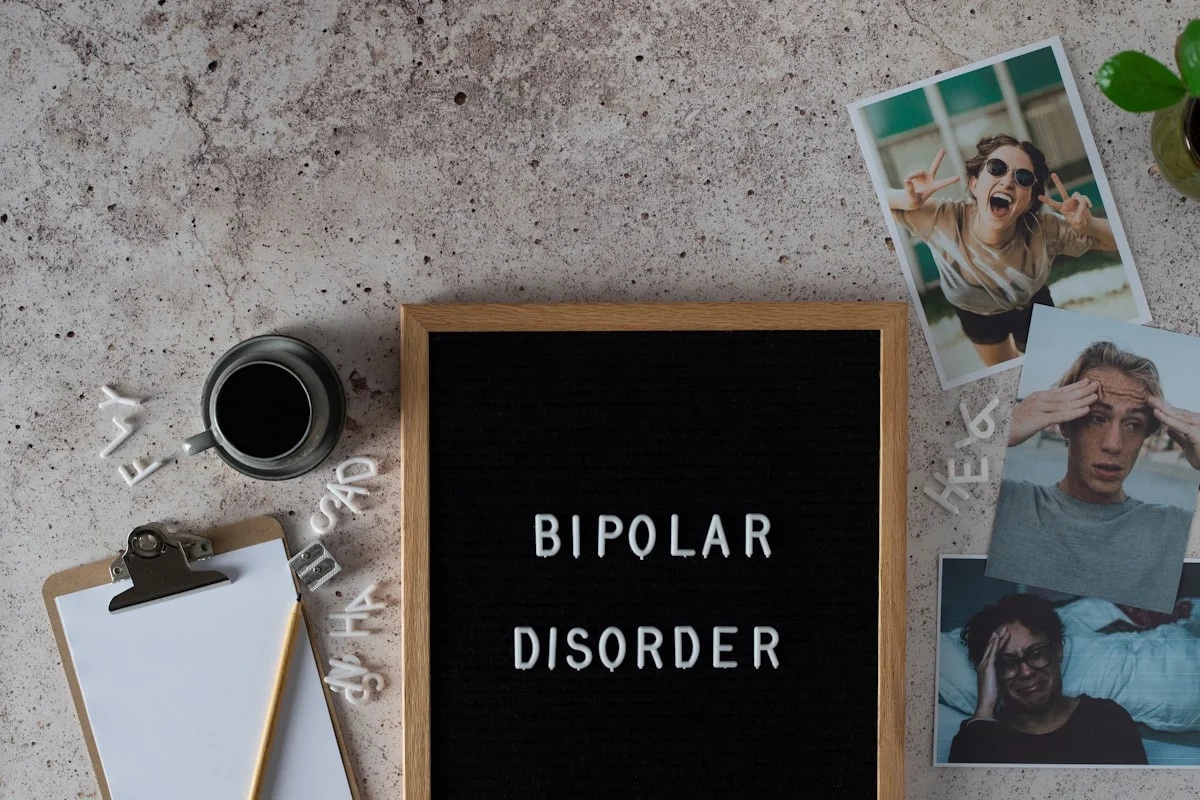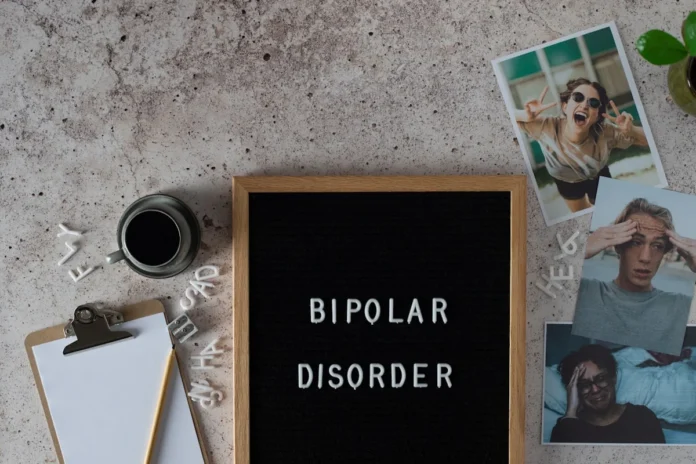Introduction
bipolar disorder is a complex mental health condition characterized by extreme mood swings, including emotional highs (mania or hypomania) and lows (depression). While awareness about bipolar disorder has grown over the years, many people still struggle with how to talk to someone who lives with it. Words matter, and what may seem like an innocent comment can sometimes be hurtful or dismissive. Understanding what not to say can help foster better communication and support for those managing bipolar disorder.

You’re Just Overreacting
Telling someone with bipolar disorder that they’re overreacting minimizes their feelings and experiences. The emotional highs and lows they go through are not simply exaggerated reactions but are part of a medical condition. Dismissing their emotions can make them feel invalidated and misunderstood. Instead of judging their reactions, try to listen and acknowledge what they’re going through without labeling it as an overreaction.
Everyone Has Mood Swings Sometimes
While it’s true that everyone experiences mood fluctuations, comparing typical mood swings to bipolar disorder is inaccurate and dismissive. Bipolar disorder involves intense and prolonged mood episodes that significantly impact daily life. Suggesting that their condition is just like ordinary mood changes can make them feel as though their struggles are being trivialized. It’s important to recognize the difference between everyday emotions and the clinical symptoms of bipolar disorder.
You Should Just Try to Be More Positive
Encouraging someone with bipolar disorder to “just be positive” oversimplifies their condition. Depression in bipolar disorder isn’t something that can be fixed with a simple mindset change. This kind of statement can make them feel guilty for not being able to “snap out of it.” Instead of offering quick fixes, offer empathy and let them know you’re there for them without judgment.
You Don’t Seem Bipolar
Bipolar disorder doesn’t always look the same in every person, and symptoms can vary widely. Telling someone they don’t “seem bipolar” implies that there’s a specific way the disorder should appear. This can make them feel like their experiences aren’t valid or that they have to prove their diagnosis. It’s better to avoid assumptions and instead ask how you can support them.
Why Can’t You Just Control Your Emotions?
Bipolar disorder is not a matter of willpower or self-control. The condition involves chemical imbalances in the brain that affect mood regulation. Asking someone why they can’t control their emotions suggests that their struggles are a personal failing rather than a medical issue. Instead of criticizing, try to educate yourself about the disorder and offer patience and understanding.
You’re So Much Fun When You’re Manic
While mania can sometimes involve high energy and excitement, it’s not a state of happiness or fun. Manic episodes can lead to risky behaviors, poor judgment, and severe consequences. Romanticizing mania can make someone feel like their destructive episodes are being glorified, which can be harmful. It’s important to recognize that mania is a serious symptom, not a desirable trait.
Have You Tried Essential Oils or a Better Diet?
While lifestyle changes like diet and exercise can support mental health, bipolar disorder requires professional treatment, often including therapy and medication. Suggesting that alternative remedies alone can “fix” their condition undermines the seriousness of their diagnosis. Instead of offering unsolicited advice, ask how you can support their treatment plan.
I Know How You Feel
Unless you also have bipolar disorder, claiming to “know how they feel” can come across as insincere. Even if you’ve experienced mood swings or depression, bipolar disorder is a unique and complex condition. Instead of comparing experiences, simply listening and validating their feelings can be far more helpful.
You’re Using Bipolar as an Excuse
Accusing someone of using their diagnosis as an excuse is deeply hurtful. Bipolar disorder can affect relationships, work, and daily functioning in significant ways. Dismissing their challenges as mere excuses can make them feel ashamed and reluctant to seek help. Instead, try to understand how their symptoms impact their life and offer support rather than judgment.
Just Stop Taking Your Meds
Medication is often a crucial part of managing bipolar disorder, and stopping it without medical supervision can be dangerous. Encouraging someone to go off their medication can have serious consequences for their mental health. If they express concerns about their treatment, encourage them to talk to their doctor rather than making changes on their own.
Conclusion
Supporting someone with bipolar disorder starts with thoughtful communication. Avoiding dismissive or judgmental statements can make a significant difference in how they feel understood and valued. Instead of offering quick fixes or comparisons, focus on listening, validating their experiences, and asking how you can help. By being mindful of your words, you can create a more supportive and compassionate environment for those living with bipolar disorder.



